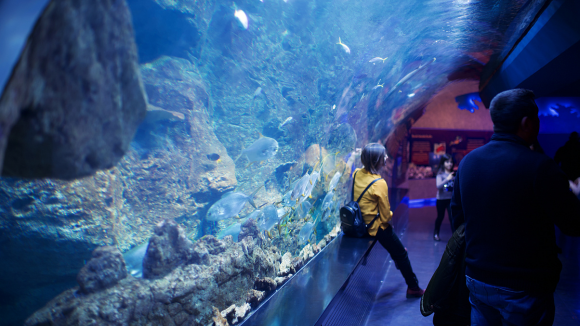There is a new powerhouse fish and wildlife coalition in Washington State, and NARN is fully engaged.
NARN held the first ever Washington Fish and Wildlife Reform Convention in the fall of 2022, along with its partners, Washington Wildlife First, Animal and Earth Advocates, Center for Biological Diversity, Wild Fish Conservancy, Defenders of Wildlife, Humane Society of the United States, and the Conservation Angler.
NARN was on the steering committee for the convention, which congruently solidified an ongoing partnership between a wide-range of fish and wildlife stakeholders across the PNW by the formation of a new group, the Washington Fish and Wildlife Reform Coalition, of which NARN is on the steering committee as well. The coalition plans to host its second convention this year.
Our coalition advocates for stronger Wolf, Bear, Cougar, and other species protections, is fighting to steer the conservation narrative within WA Dept. of Fish and Wildlife (WDFW) away from an consumptive-first approach and towards one that echoes true conservation, preservation, and perpetuation of wildlife for future generations of humans and animals who are not human. We are also advocating for a strong conservation policy within WDFW, one that requires a complete, holistic approach to conservation by taking an ecosystems-based approach over a population-based approach.
We are on the precipice of a new wildlife “management” era in Washington State, which is leading the way for the entire country. Donate now and help push truly protective fish and wildlife management policies into practice; we need policies that acknowledge the inherent value of all individuals, including the wild beings of Washington State.








